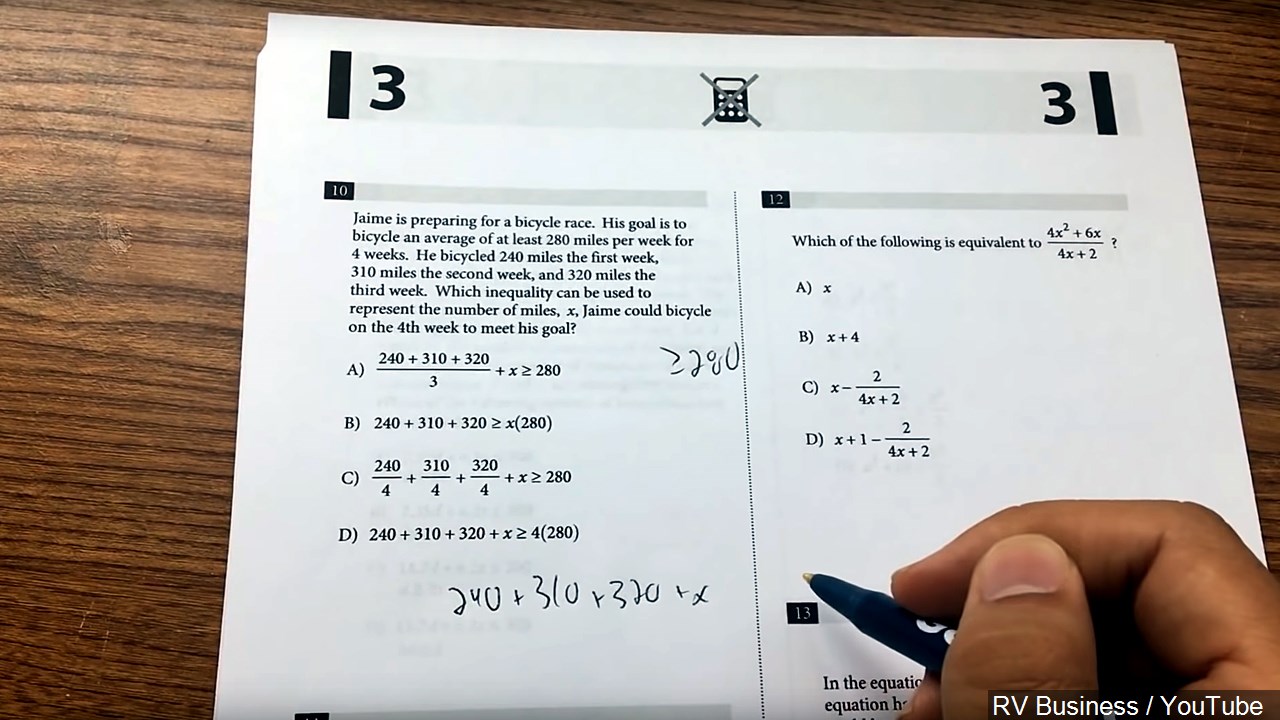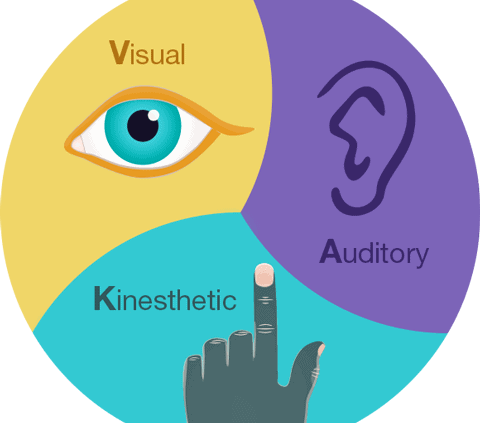Is it fair to judge a person’s intelligence on a standardized test? In my opinion, I think that it is not fair, however, some may disagree. Standardized testing is defined by American University as “Examinations administered and scored in a predetermined, standard manner. They typically rely heavily on question formats, such as multiple choice and true or false, that can be automatically scored. Not limited to academic settings, standardized tests are widely used to measure academic aptitude and achievement.” In America, standardized testing has become a normal practice whether it is for class placement, college admissions (SAT), medical school (MCAT), law school (Bar Exam) and more.

The question is, is this the best determinator of our successes? While many may say yes, I do not think it is for several reasons. The first being that everyone learns differently and has a different learning style. The National Library of Medicine states, “Academic performance in different forms of assessment is influenced by learning style.” There are different learning styles, the three main ones being visual, auditory, and kinesthetic. While the first two are easy to determine what they mean, a kinesthetic learning style is defined by Bay Atlantic University as “Kinesthetic learning links the process of learning to physical activity.” This is just one reason that standardized tests are not fair. For example, it is easier for a visual learner to perform well on a standardized test compared to an auditory learner. This is because a visual learner can see similar material beforehand on practice tests and learn it, but an auditory learner cannot always listen to a standardized test beforehand.

In my own personal case, I have never been someone who scored well on standardized tests. I wouldn’t consider myself a “good test taker,” especially when it came to tests such as the PSAT and SAT. Throughout elementary school, tests such as the Smarter Balanced Assessment Consortium (SBAC) were never my biggest strength, especially the math portion. My teachers always wondered why I never matched my performance in the class to what I was getting on my standardized tests, as they were completely different scores. Over time, I realized that this was because I was a kinesthetic, or “hands on” learner. Not only did I learn that standardized testing wasn’t the best form of assessment for me, but I also realized I couldn’t let myself be as bothered by it as I was.
While many might disagree and say that standardized testing is efficient, I strongly think that it is inefficient, and that it is impossible to determine someone’s intelligence based on a singular score. With this, I think that in the future, we should work to eliminate, or reduce, the amount and significance of standardized testing. To conclude, next time you take a standardized test, remember that it is not the end of the world, and that there are so many ways to determine intelligence in different ways.
Sources:
Effects of Standardized Testing on Students & Teachers: Key Benefits & Challenges
https://www.ncbi.nlm.nih.gov/pmc/articles/PMC3931542/
I HATE standardized test. I am a horrible test taker as is, so bringing in the intensity and coldness of tests like SATs makes the experience ten times worse. When was in the third grade, I had a fell blown break down while taking the science PSSAs. This is not stress that people should be subjected to, especially kids. I definitely think standardized testing limits education rather than help it.